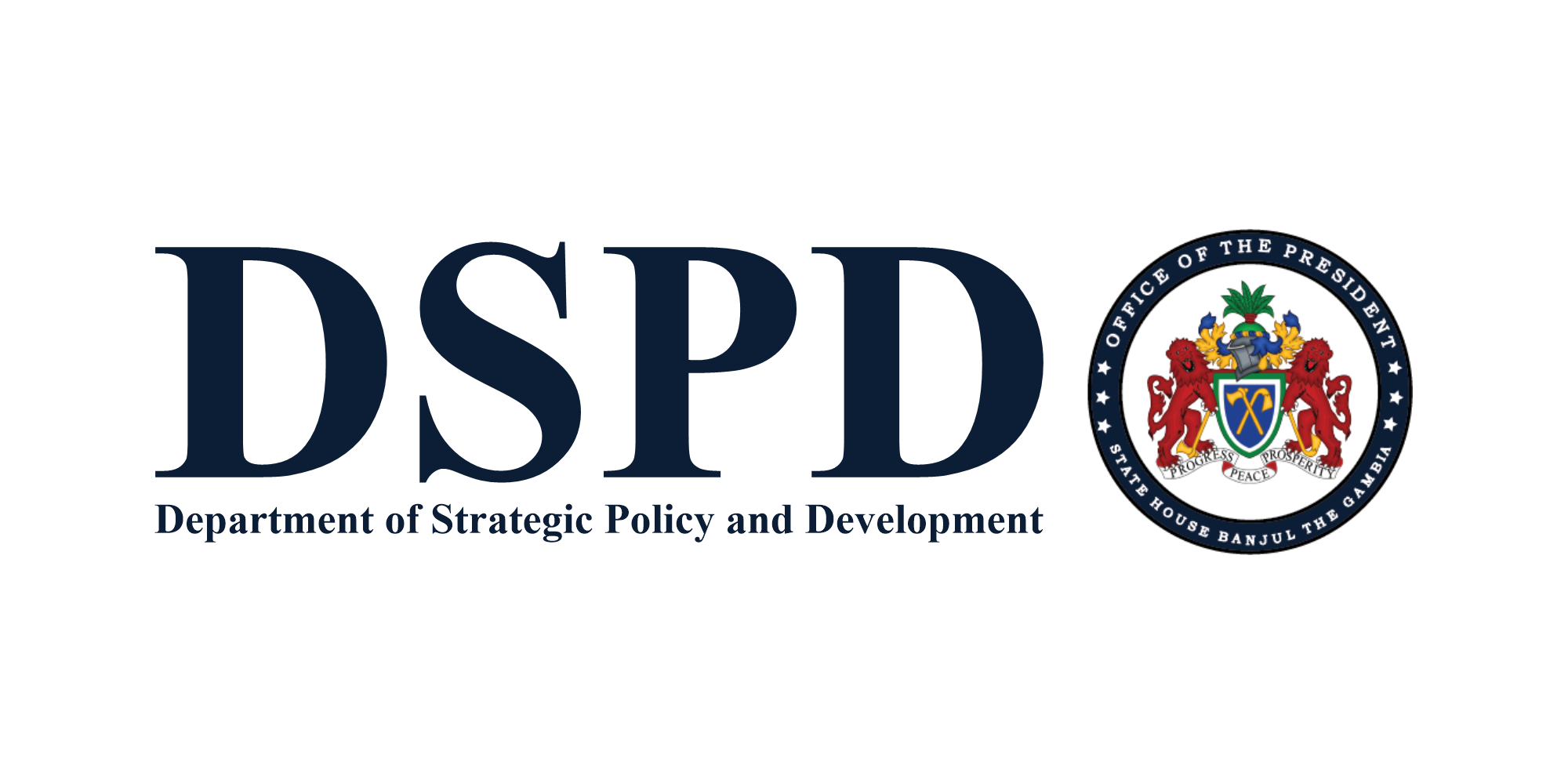Current Situation
In view of The Gambia’s fragile security and tenuous economic stability created by 22 years
of authoritarian rule, which devastated the country’s institutions, infrastructure, national
capacity and youth employment, there is an urgent need for the country to re-establish the
path to rapid, sustainable economic development, to tackle energy and employment issues,
promote re-integration into the global economy. In line with the aspirations expressed in the
coalition government’s Manifesto 2016, the new Gambia needs to take advantage of the
tremendous potential presented by the overwhelming national and international support and
goodwill to position itself as a more competitive and dynamic player within the West African
sub-region, the African continent and the world at large. To do this, The Gambia must
formulate and implement economic policies that will generate real development outcomes for
its people, both in the short and long terms in order to manage the huge expectations of
Gambians, especially the youths.
The new government is in the process of embarking on a series of reforms and programmes,
critical for sustaining the country’s peace, stability and prosperity, including reforms to the
security sector, civil service, constitutional and legal reforms as well as Transitional Justice
Mechanisms. Economic and private sector development related reforms and alignment with
regional and international strategies (Paris Agreement, 2030 Agenda and Agenda 2063
amongst others) are also in order. Support for these reforms is expected to come from
international and regional development partners, including the United Nations, and national
stakeholders.
Achievement of the reforms will require effective management of processes involving
diverse actors and interests. Communication on developments and results is key for this
process to ensure that momentum given the high expectations of citizens.
To address the types of gaps identified in the policy development continuum, and to ensure
long term timely formulation and momentum on policy development efforts it is essential to
have a well capacitated strategically placed entity in place to ensure momentum on the reform
and policy efforts and to ensure coordinated strategic decision making at the highest levels.
Such an entity will help to reinforce national leadership and ownership of the formulation and
implementation of development policies.
The government was quick to develop a Nation Development Plan (NDP) to guide the
government in order to realize the promises made during the election campaign. One of the
critical outputs of the NDP is to address reforms; particularly Public Sector Reforms, including
State Owned Enterprises (SOEs), characterized by a bloated civil service entangled with low
productivity due to poor coordination, duplication of functions. inadequate performance
management systems and programming capacity, low pay and pension scales, and the
politicization of recruitment and promotion processes.
The proper functioning of State Owned Enterprises (SOEs) requires capable, efficient and
effective institutions to exercise governance and oversight functions by setting clear
expectations and effectively monitoring SOEs while letting them operate on business and
market principles based on good corporate governance and without undue influence.
4Effective institutions will make the difference in the success of the new Gambia’s development
agenda; they are a significant “game changer” in the Government’s compact on delivering good
governance, accountability and leadership for the people of The Gambia.
Difficulties in inter-ministerial cooperation and coordination can also hinder progress toward
strategic planning. Indeed, lack of sufficient governmental cooperation and coordination
remain a challenge. Highly placed champions who are willing to assume the political risks in
advocating policy analysis, coordination and results-based M&E systems are much needed.
The presence of a national champion can go a long way toward helping new Gambia develop
and sustain an effective, policy analysis, and M&E Unit and systems.
Basic statistical systems and data are also key to improving policy outcomes, but the data and
information must be of appropriate quality and quantity. It is necessary to know the baseline
conditions in relation to a given program or policy. Capacity in the workforce is needed to
develop, support, and sustain these systems. Officials need to be trained in modern data
collection, monitoring methods, and analysis.
Establishment of this political and administrative culture characterized by accountability and
transparency, concern for ethics, and avoidance of conflicts of interest is necessary. In addition,
building systems could lead to considerable reshaping of political relationships. Creation of a
more mature policy analysis, coordination and M&E system requires interdependency,
alignment, and coordination across multiple governmental levels. This can be a challenge
because government is currently loosely interconnected, and is still working toward building
strong administrative cultures and transparent financial systems. As a result, government has
only vague information about the amount and allocation of available resources, and whether
resources are, in fact, used for the purposes intended. Measuring government performance in
such an environment is an approximate exercise.
Without these systems in place, it is difficult for the executive to be informed, to take the
appropriate decisions and to adjust course should their programmes be failing to deliver results.
Many public bodies would prefer to operate in the shadows; without publishing data about their
performance and outcomes. Instituting a more results-based system would shed light on issues
of organizational performance and not all stakeholders will be pleased to have such public
exposure.
